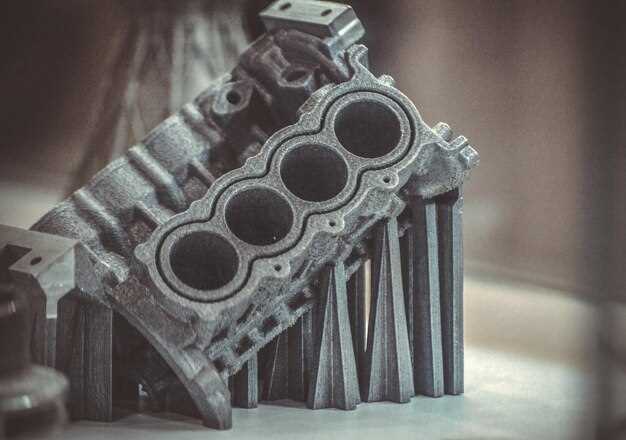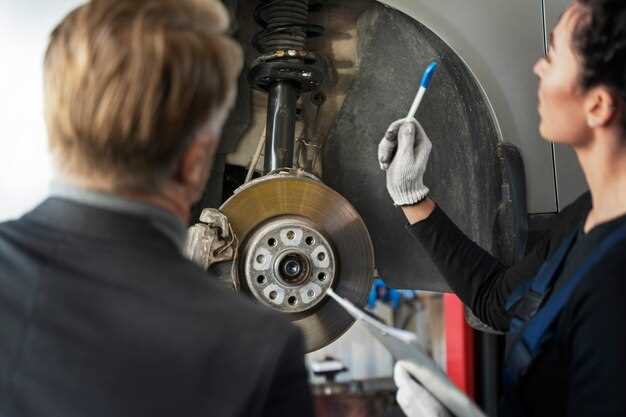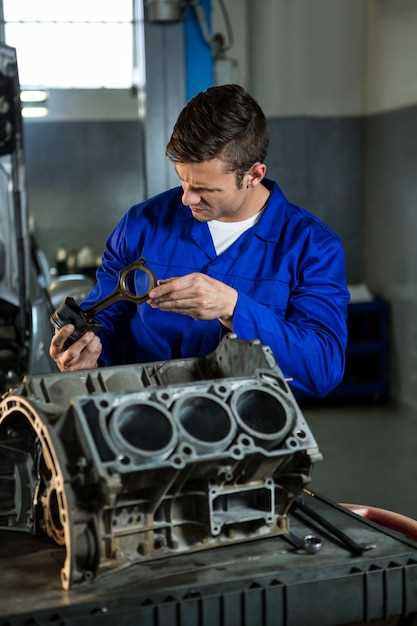
When it comes to enhancing the performance of an engine, selecting the right components is critical. Among the various upgrades available, forged pistons stand out for their strength, durability, and efficiency. Unlike their cast counterparts, forged pistons are crafted through a process that compresses and shapes the metal, resulting in a much denser and tougher material. This enhancement plays a pivotal role in high-performance applications, where stress and heat levels are significantly elevated.
One of the primary benefits of choosing forged pistons is their ability to withstand extreme conditions without failing. The stronger structure of forged pistons allows them to handle higher compression ratios, making them ideal for performance engines that require precision and reliability. This resilience not only maximizes power output but also extends engine life, a crucial consideration for enthusiasts who push their vehicles to the limit.
Additionally, forged pistons contribute to reduced weight and improved thermal efficiency. The lighter design minimizes reciprocating mass, allowing the engine to rev more freely and respond more quickly to throttle input. This not only enhances overall performance but also improves fuel efficiency–a win-win for both racers and everyday drivers looking to optimize their vehicle’s performance.
Ultimately, upgrading to forged pistons is a strategic investment for anyone serious about maximizing their engine’s potential. From increased strength and durability to improved performance metrics, the advantages of this upgrade make it an essential consideration for performance enthusiasts.
Enhanced Strength and Durability of Forged Pistons

Forged pistons are a popular choice for performance enthusiasts seeking to boost their engine’s potential. The manufacturing process of forging provides several advantages over traditional casting methods, resulting in components that are engineered for strength and reliability.
- Material Integrity: Forged pistons are made from a single piece of metal, ensuring uniform density and molecular structure. This enhances their ability to withstand extreme conditions like high temperatures and pressures.
- Resistance to Fatigue: The forging process aligns the grain structure of the metal, which significantly improves its fatigue resistance. This characteristic is crucial for performance applications where repeated stress is a factor.
- Lower Weight: Although forged pistons can be made thicker to increase durability, they can also be designed to be lighter than cast pistons. A reduced weight minimizes reciprocating mass, improving engine response and efficiency.
- Improved Thermal Conductivity: Forged materials typically exhibit better thermal properties, which can help manage heat more effectively. This is essential to prevent overheating during high-performance operation.
These attributes contribute to an overall enhanced performance, making forged pistons a valuable investment for those looking to boost their engine’s capabilities. By opting for forged components, you not only ensure durability but also enhance your vehicle’s reliability under demanding conditions.
Improved Thermal Stability Under High Boost Conditions
Upgrading to forged pistons offers significant advantages when operating under high boost conditions, a common scenario in high-performance engines. One of the primary benefits is enhanced thermal stability. Forged pistons are manufactured through a process that compresses metal under high pressure, resulting in a denser and more resilient material compared to traditional cast pistons.
The superior material properties of forged pistons allow them to withstand the extreme temperatures generated during forced induction. Under high boost conditions, the combustion temperatures can reach levels that may cause cast pistons to warp or melt, compromising engine performance and reliability. In contrast, forged pistons maintain their structural integrity, ensuring optimal combustion efficiency and power output.
Moreover, forged pistons exhibit better heat dissipation characteristics. Their ability to transfer heat away from the combustion chamber reduces localized overheating, further enhancing thermal stability. This property not only prolongs the lifespan of the pistons themselves but also contributes to the overall durability of the engine components.
In high-performance applications, where every bit of power counts, the improved thermal stability provided by forged pistons becomes crucial. They enable tuners and racers to push engine limits confidently while mitigating the risk of catastrophic failures due to overheating. By choosing forged pistons, enthusiasts can achieve a balance between reliability and performance, making them an essential upgrade for engines under high boost conditions.
Optimized Compression Ratios for Greater Power Output

Upgrading to forged pistons significantly enhances the potential for optimized compression ratios in high-performance engines. Forged pistons are engineered from high-strength materials that can withstand the extreme pressures and temperatures generated during combustion, allowing for tighter clearance tolerances. This translates to more efficient combustion processes.
By increasing the compression ratio, forged pistons enhance the air-fuel mixture’s density within the combustion chamber. A higher density mixture leads to a more powerful explosion, resulting in greater power output. This is particularly beneficial in performance applications where every increment of power can make a noticeable difference on the track or road.
Moreover, forged pistons offer superior thermal conductivity compared to cast pistons, which helps to manage heat more effectively. This characteristic is crucial for maintaining optimal operating temperatures, allowing the engine to perform at its peak. As a result, an engine equipped with forged pistons can sustain higher compression ratios without the risk of detonation or premature failure.
Engine tuners often take advantage of the strength and durability of forged pistons to push the limits of compression ratios even further. This capability opens up new possibilities for performance tuning, enabling enthusiasts to extract maximum horsepower while maintaining reliability. In essence, forged pistons not only allow for aggressive tuning but also ensure that the engine can handle the added power without compromising its integrity.






